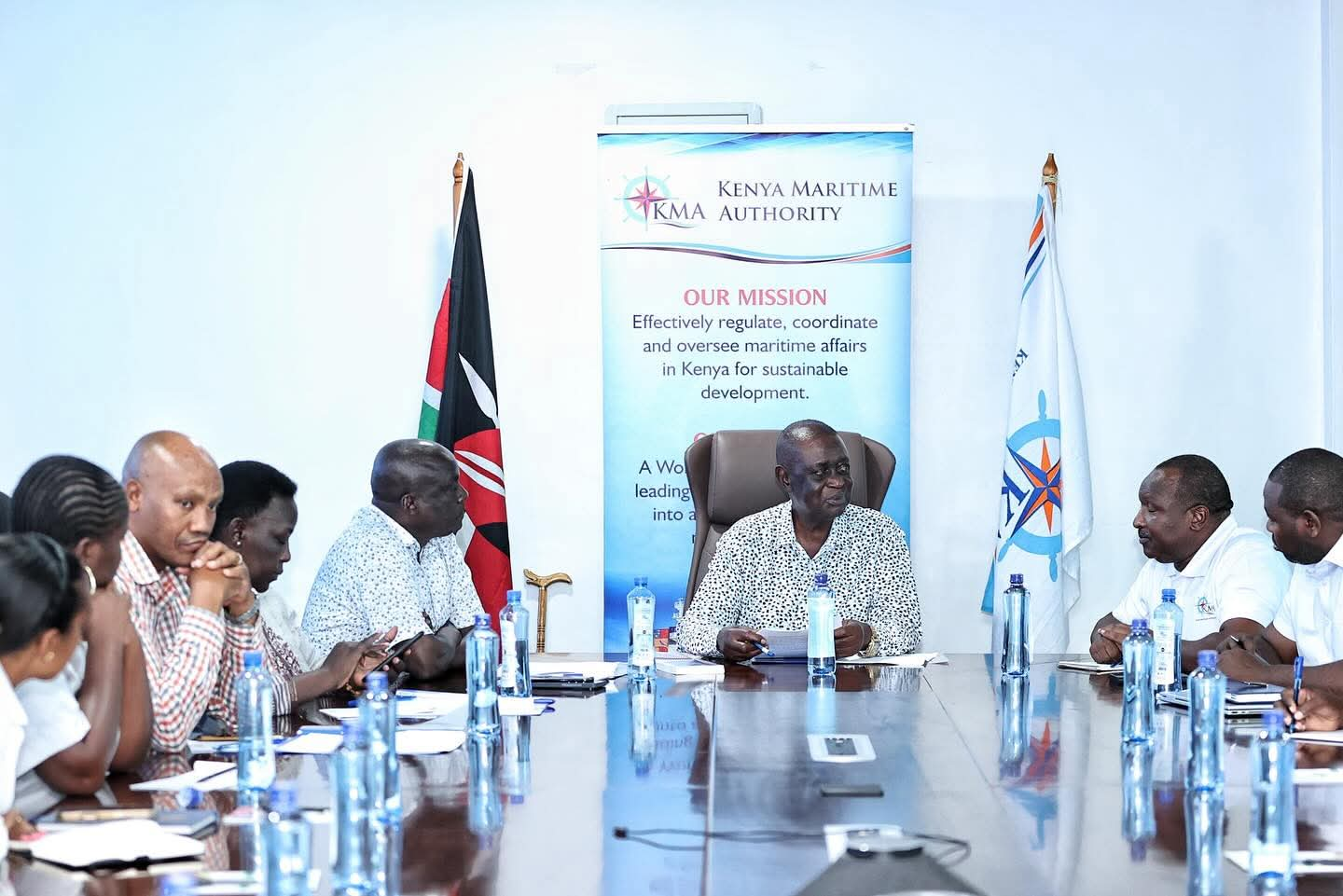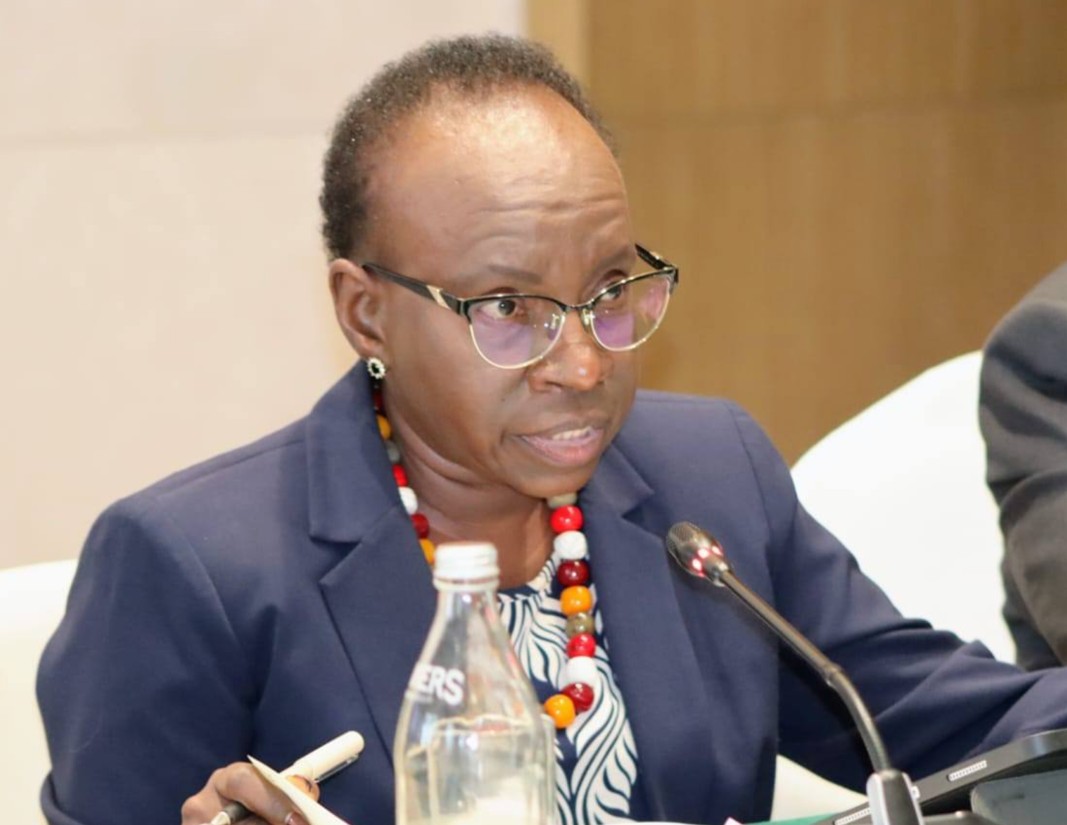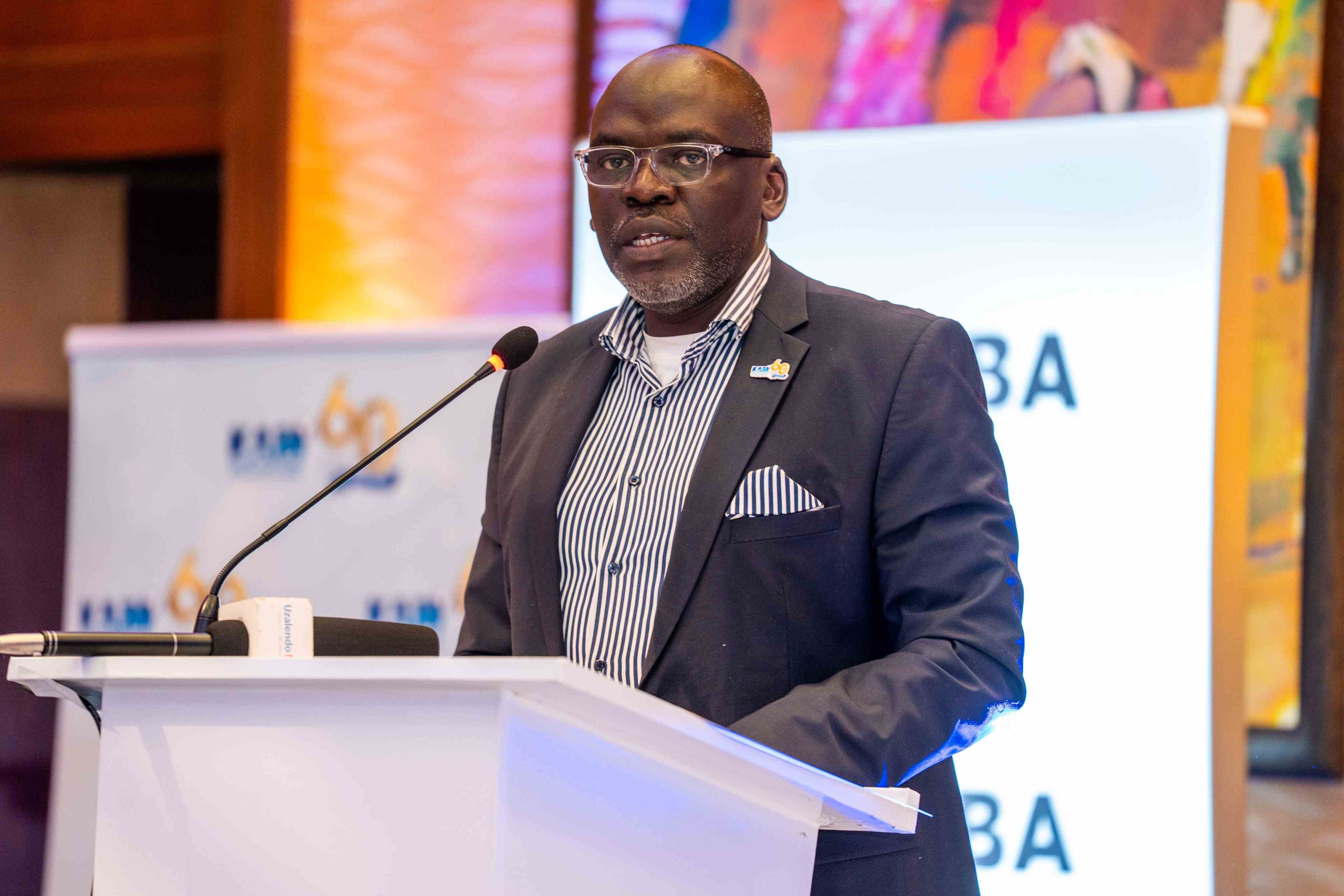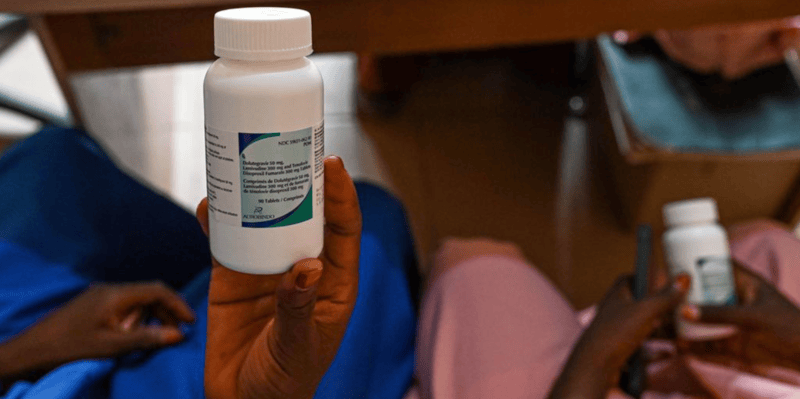Evangelical churches back new state policy to fight alcohol and substance abuse
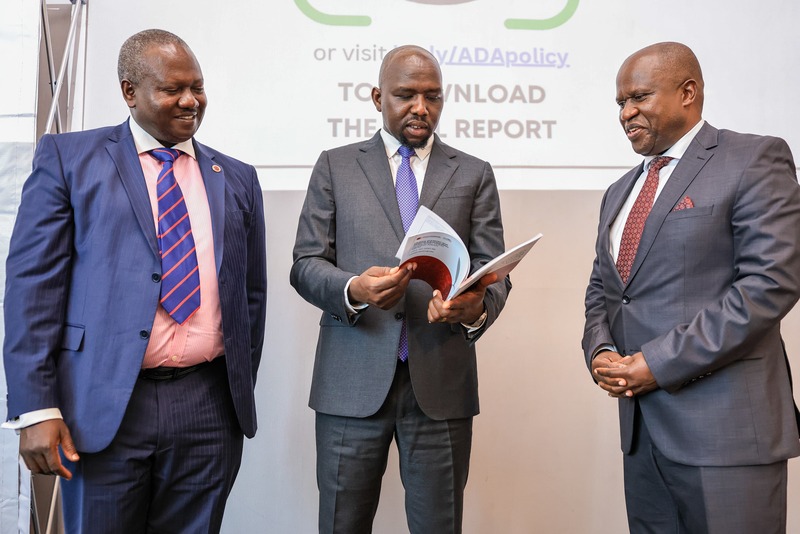
The churches say the move reflects a genuine effort to tackle the country’s deepening addiction crisis through a multi-sectoral response.
Evangelical churches in Kenya have endorsed the new government policy on alcohol and substance abuse, terming it a comprehensive blueprint for prevention, treatment and rehabilitation.
The churches say the move reflects a genuine effort to tackle the country’s deepening addiction crisis through a multi-sectoral response.
More To Read
- Liver cancer deaths set to double by 2050 as alcohol drives Kenya’s crisis
- Government to place ex-KDF, police personnel under strict surveillance - Murkomen
- Murkomen vows crackdown on ex-security officers forming armed political groups
- Court rejects petition to stop Murkomen's shoot-to-kill order
- NACADA says no alcohol bans effected, clarifies new policy only offers recommendations
- Proposed alcohol and drug regulations not yet law, awaiting legal backing
“As a faith-based network committed to the spiritual, moral and social well-being of Kenyans, we applaud the policy’s bold focus on prevention, treatment, rehabilitation, and community empowerment,” the Evangelical Alliance of Kenya (EAK) said in a statement signed by General Secretary Rev. Kepha Nyandega and Chairman Bishop Philip Kitoto.
The alliance commended the joint efforts of the National Authority for the Campaign Against Alcohol and Drug Abuse (NACADA) and the Ministry of Interior in developing the framework. It noted that the policy’s emphasis on vulnerable populations, particularly children and youth often exposed to deceptive advertising and peer pressure, demonstrated a strong and necessary commitment to long-term change.
“The policy’s grounding in constitutional rights, human dignity, and evidence-based practices lays a strong foundation for national healing,” the church leaders said.
The group also pointed to its longstanding involvement in anti-drug campaigns, highlighting efforts by its affiliate ministries such as Teen Challenge Kenya, which offers successful faith-based rehabilitation programmes that blend biblical teachings with scientific approaches.
“We will continue to mobilise churches and faith institutions across the counties to support awareness campaigns, offer pastoral care, and advocate for a drug-free Kenya,” EAK said.
The alliance further called on all stakeholders, including religious groups, civil society, government agencies, families, and the private sector, to join forces in implementing the new policy and building a healthier, more productive nation.
Their remarks come after Interior Cabinet Secretary Kipchumba Murkomen criticised religious leaders for staying silent amid rising public opposition to NACADA’s proposed tough measures targeting alcohol and drug abuse.
Speaking in Kajiado, Murkomen questioned why church figures had not defended the government’s policy, especially as it aims to protect children from early exposure to drugs.
“We went to launch NACADA’s policy… now I end up on headlines saying the government wants to destroy the country. Those who call themselves people of the Church, none of them defended me,” he said.
“I even saw one elderly church leader, and the first thing he did was demand Kipchumba be prosecuted, without saying a single word about the alcohol issue. Do you want alcohol sold everywhere?”
Murkomen took particular aim at gospel artist Dr. Reuben Kigame, who has filed a High Court petition seeking to privately prosecute the CS and other senior officials over alleged crimes against humanity during the 2024 Gen Z-led protests.
He defended the NACADA policy against claims it would negatively impact the economy, arguing that such criticisms are being pushed by businesses that profit from underage drinking.
“Some say profits will go down and claim the economy will suffer if we raise the legal drinking age to 21. Is there anyone in their right mind who thinks 18–20-year-olds should drink alcohol?” he posed.
“These companies are not ashamed; they want to profit from children aged 18 to 20. We are saying, let them wait until they’re 21 to drink.”
On July 30, 2025, NACADA unveiled a set of proposals aimed at curbing the marketing and accessibility of alcohol among young people. The measures include raising the legal drinking age from 18 to 21, banning endorsements by public figures and prohibiting alcohol advertising at events targeting youth, including in schools, universities and sports or arts functions.
The proposals also call for a ban on audiovisual alcohol ads during watershed hours and prohibit price-related promotions such as free samples, discounts or prize competitions.
Top Stories Today
